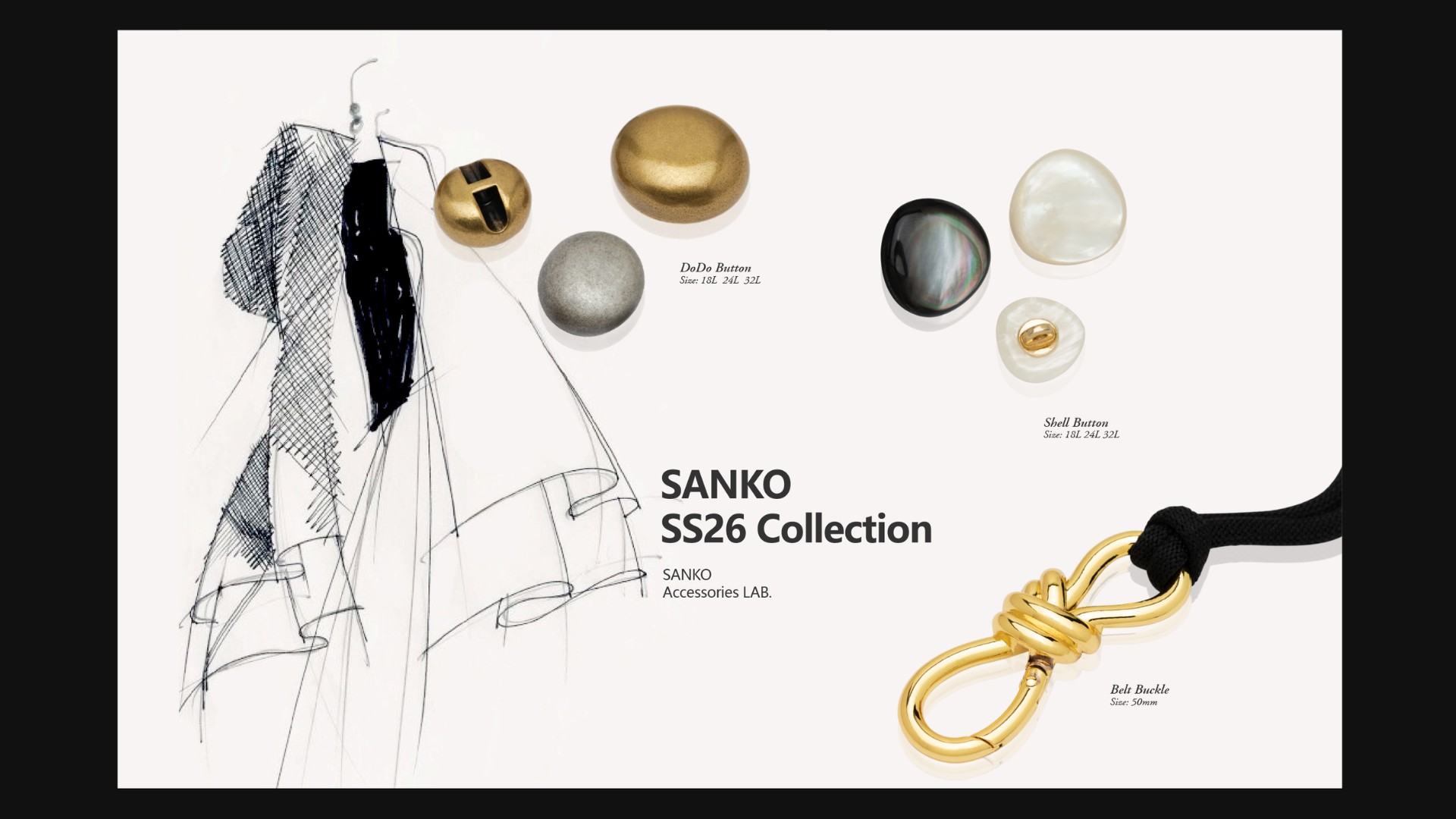Stitching Sustainability into Style
Sustainability in fashion isn’t just a trend anymore—it’s a must for brands worldwide. With more consumers and environmentalists pushing for greener practices, the Global Recycled Standard (GRS) is a beacon of hope for designers and brands wanting to weave eco-friendliness into their DNA. In this blog post, we’ll chat about how fashion brands can embrace GRS to ramp up their sustainability game and navigate the certification process.
What’s GRS?
The Global Recycled Standard (GRS) is an international voluntary standard that ensures products use at least 20% recycled materials, if labeling GRS logo 50% recycled materials minimum. It verifies recycled content, social and environmental practices, and chemical restrictions through third-party certification.
GRS helps fashion brands demonstrate their commitment to sustainability by reducing waste and their environmental footprint, covering all stages from processing to distribution. As eco-friendly fashion demand rises, GRS certification helps brands stand out while positively contributing to the environment.
GRS Goals
The Global Recycled Standard (GRS) is a comprehensive certification that advances recycled content usage, supports environmentally and socially responsible practices, and mandates stringent chemical restrictions. Covering products with at least 20% recycled content even more, GRS helps fashion brands reduce waste and their ecological footprint while promoting transparency and commitment to sustainability in a competitive market.
- Standardize the definition of “recycled” across applications.
- Verify recycled content in products.
- Help brands and consumers make informed purchases.
- Reduce the negative impact of production on people and the environment.
- Process products in a more climate-friendly way.
- Encourage more recycled content in products.
How Does GRS Work?
Tracing Recycled Inputs from Source to Store involves a meticulous process. It starts by verifying materials to meet the ISO “recycled” definition, ensuring responsible production under strict social and environmental standards. This process maintains a chain of custody for recycled content, uses credible third-party certification audits, and communicates clearly through logo labeling. Stakeholder engagement is crucial, involving global producers, suppliers, brands, and retailers.
Verification of Recycled Materials: Materials are validated to align with the ISO definition of “recycled,” accepting both pre-consumer and post-consumer materials.
Responsible Production: GRS-certified sites adhere to stringent social and environmental standards. The use of harmful chemicals in GRS products is strictly prohibited.
Chain of Custody: Certification ensures the recycled content’s identity is preserved from raw material to final product
Credible Certification: Every stage of the supply chain undergoes audits by a professional, third-party certification body.
Confident Communication: Products meeting all criteria can be labeled with the RCS or GRS logo, signifying compliance.
Stakeholder Engagement: The RCS and GRS are managed with contributions from producers, suppliers, brands, and retailers worldwide.
Key Factors for Auditing Manufacturers
When auditing manufacturers for GRS certification, brands must focus on key factors.
First, verify recycled content authenticity in products by checking documentation and conducting assessments. Brands should evaluate manufacturers’ social and environmental practices, including working conditions, environmental management, and chemical use, to ensure GRS compliance. Transparency and traceability in the supply chain are crucial, with brands documenting each stage to trace recycled content from source to product. Lastly, assess the manufacturing process’s environmental impact, focusing on energy use, waste management, and emissions to align with sustainable practices.
Steps to Follow the GRS
- Partner with suppliers of certified recycled materials to secure a steady supply of high-quality content.
- Establish detailed tracking procedures for recycled materials throughout production, keeping records and conducting regular audits.
- Adopt sustainable manufacturing practices that meet GRS standards, ensuring safe working conditions and minimizing environmental impact.
- Communicate your GRS certification and commitment to sustainability through clear labeling and strategic marketing, educating consumers about your products’ recycled content.
Summary
The Global Recycled Standard provides fashion brands with a framework for integrating sustainability. By adopting GRS certification, brands can reduce their environmental impact and enhance their reputation in sustainable fashion. The process involves understanding the standard, navigating certification, auditing manufacturers, and ensuring compliance.
In today’s market, sustainability is essential. Brands that prioritize sustainable practices and transparency can build consumer trust and loyalty, paving the way for long-term success. By embedding sustainability into their operations, fashion brands can contribute to a more sustainable future for the industry and the planet. Embarking on the GRS certification process is a key step towards a more sustainable and ethical fashion industry.







